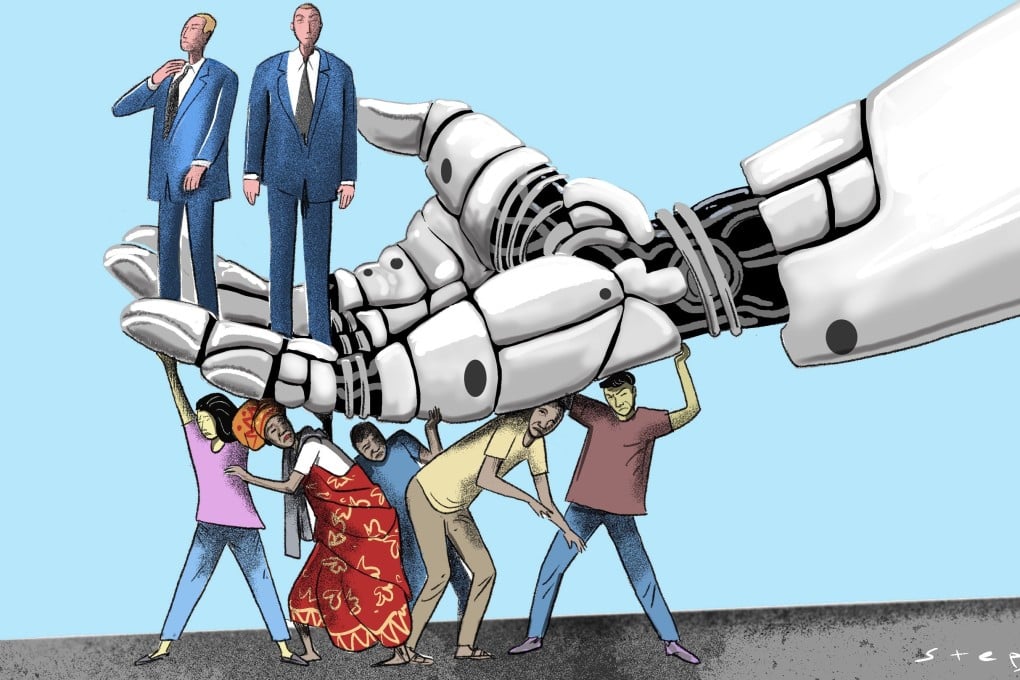Opinion | How world can ensure AI revolution doesn’t worsen inequality
Fears over AI fuelling inequality are well-founded, but the technology can be a force for good with proactive governance and global cooperation

His urgent call that “we must never allow AI to stand for advancing inequality” is not just valid, it demands immediate global action. The critical question is how the international community can harness AI’s potential responsibly while safeguarding against its pitfalls.
In developed economies, AI promises economic growth and productivity gains. McKinsey’s assessments suggest AI could contribute US$4.4 trillion annually to the global economy, yet these benefits are not equitably distributed.
Developed regions and countries are in position to capture the lion’s share of gains, leaving the Global South scrambling to catch up. This is a worrying indicator of what could happen if AI remains unchecked. Likewise, PwC predicts that Africa, Oceania and less-developed parts of Asia – regions already facing significant development challenges – will see only minimal economic returns from AI.
